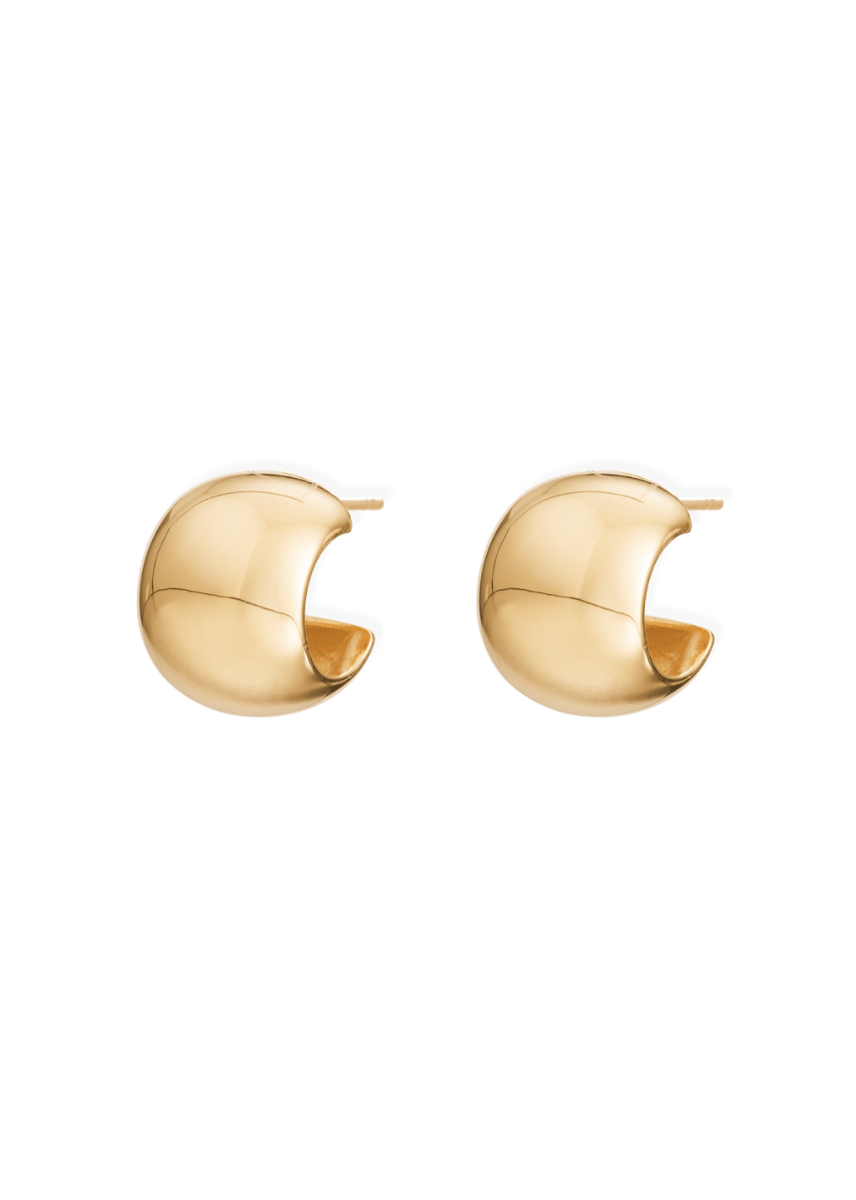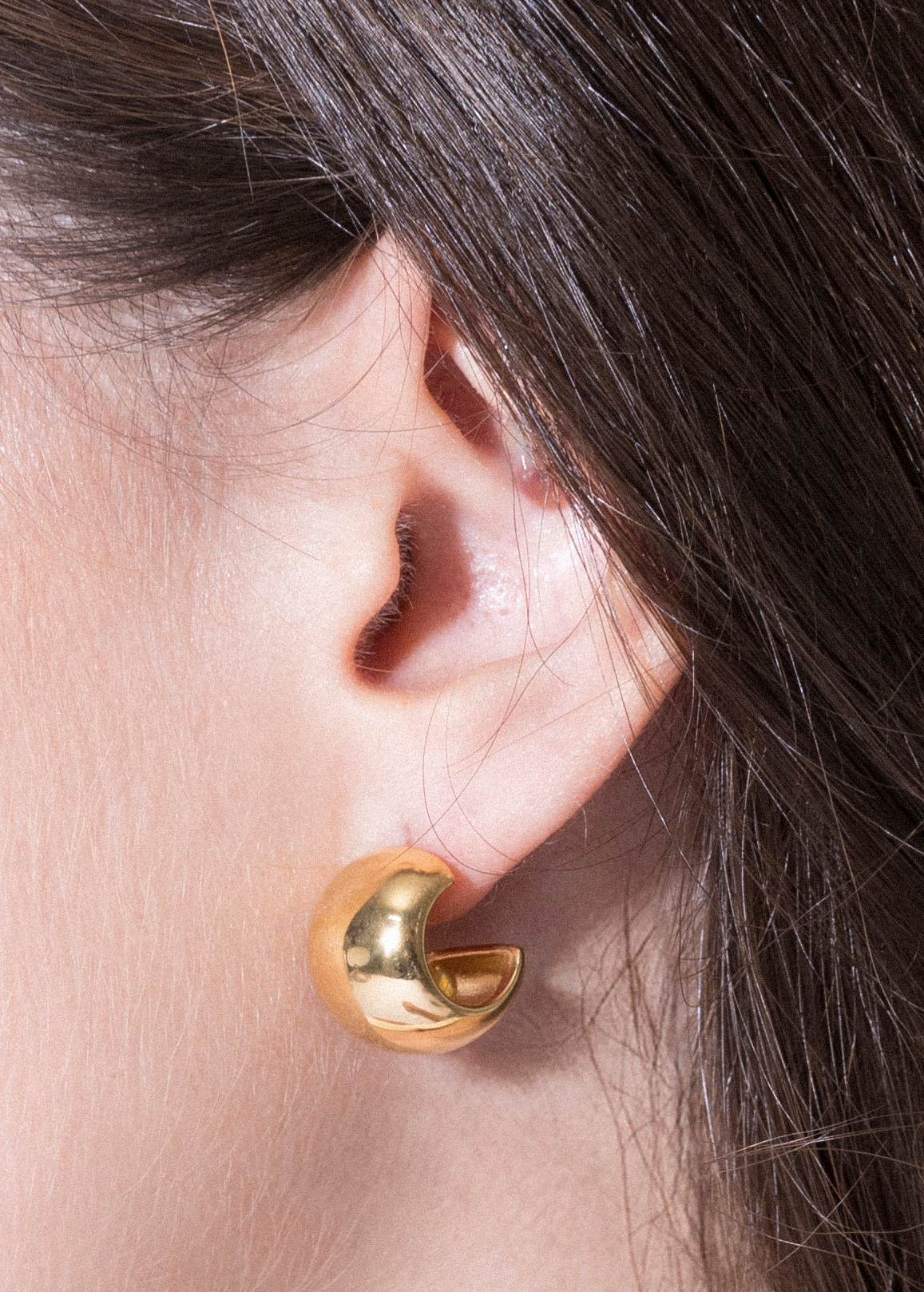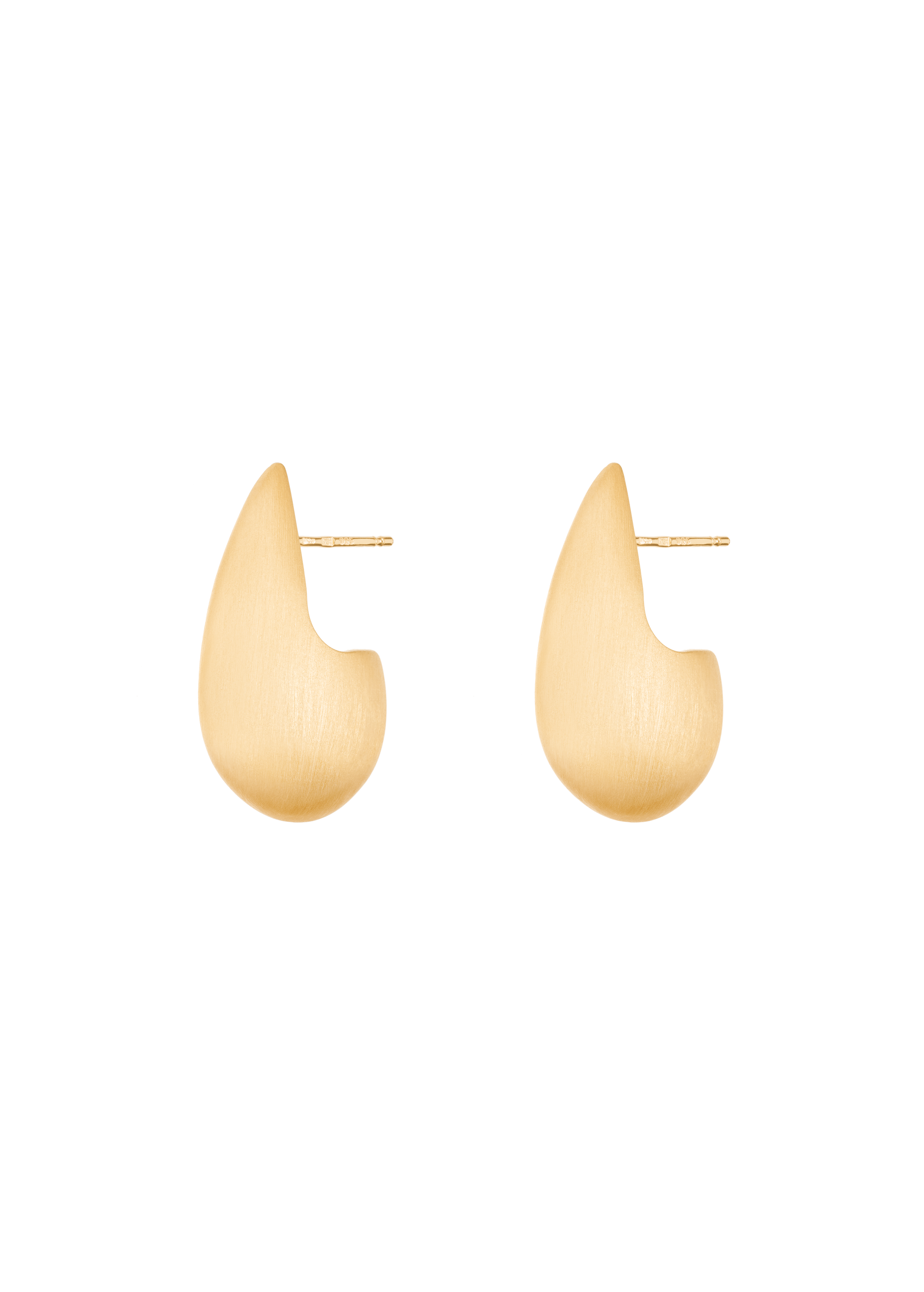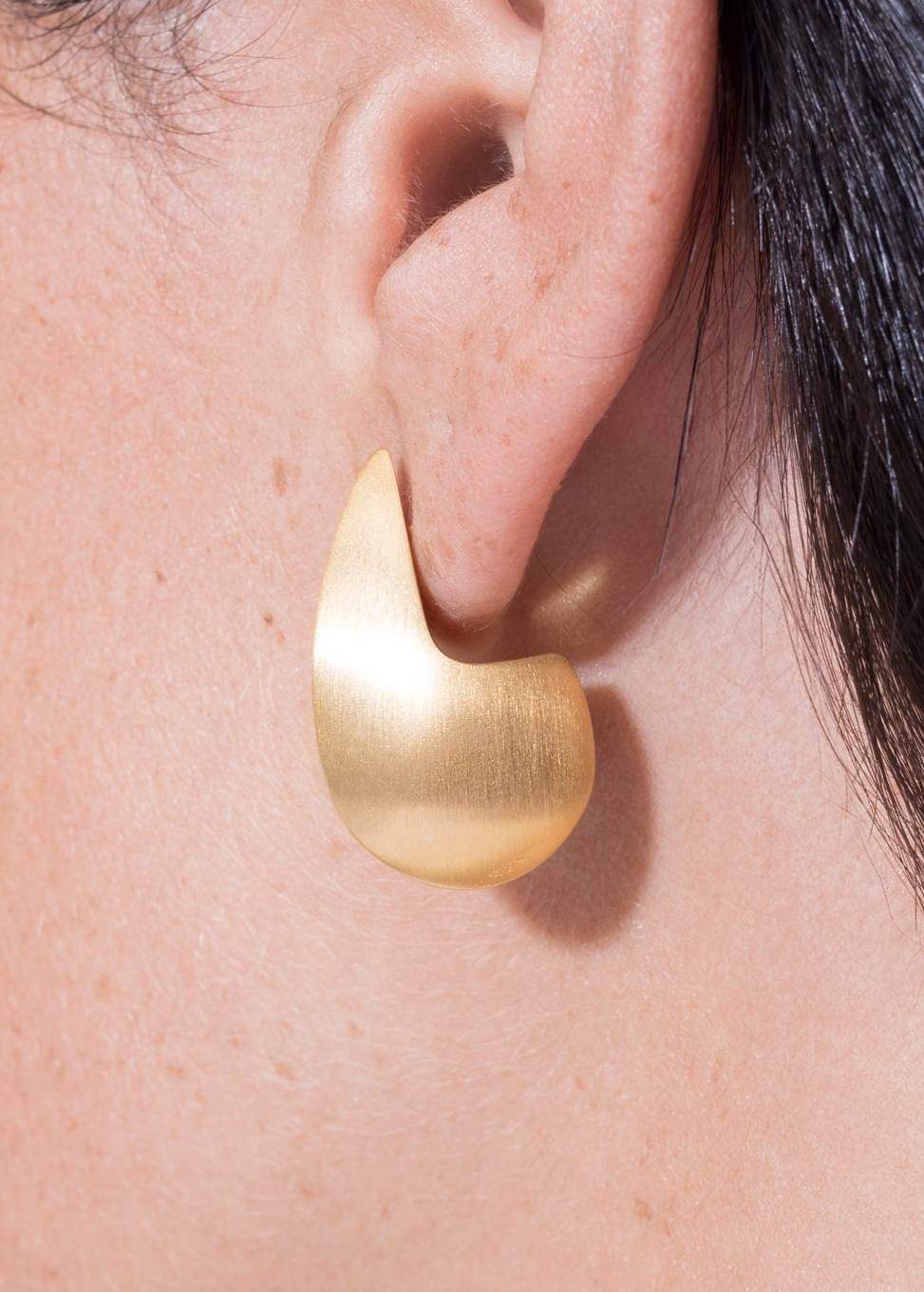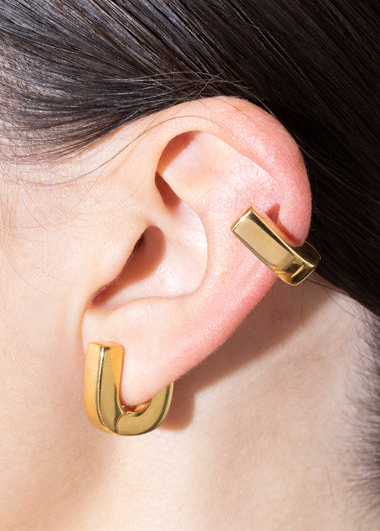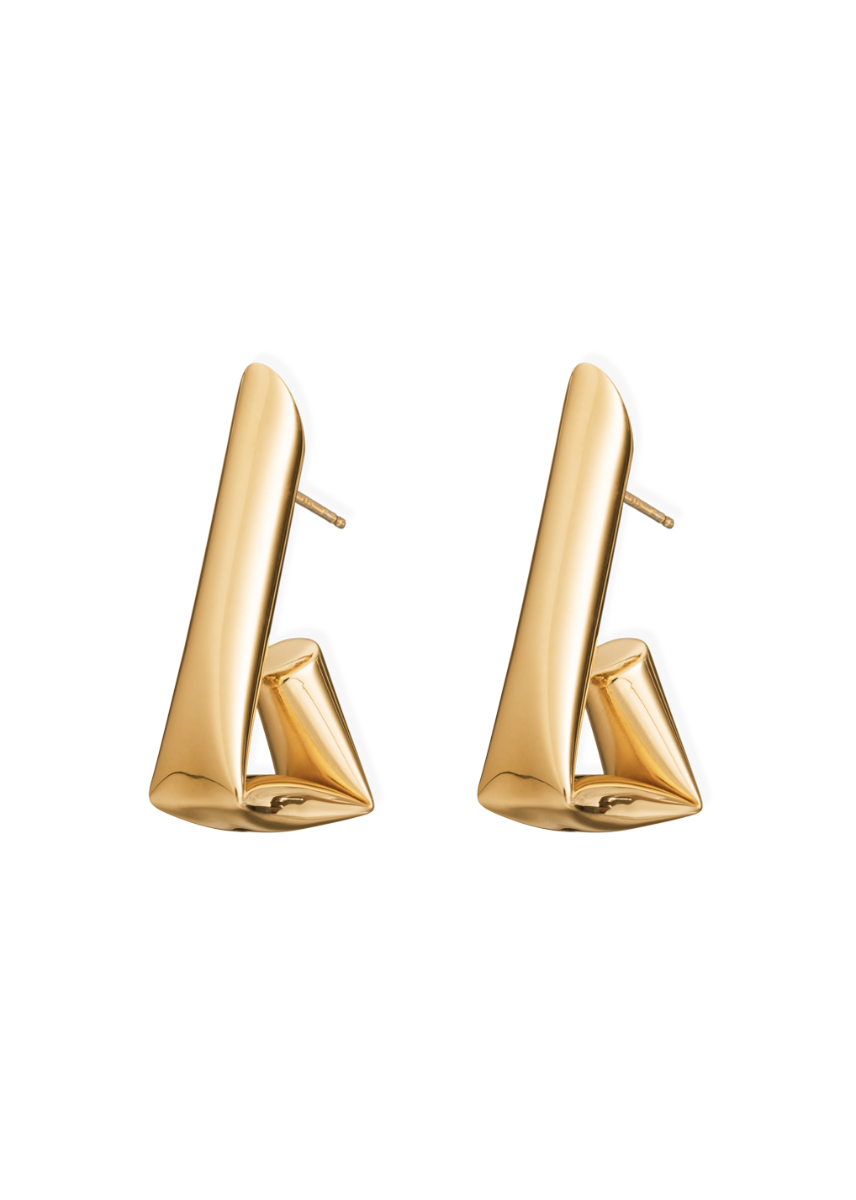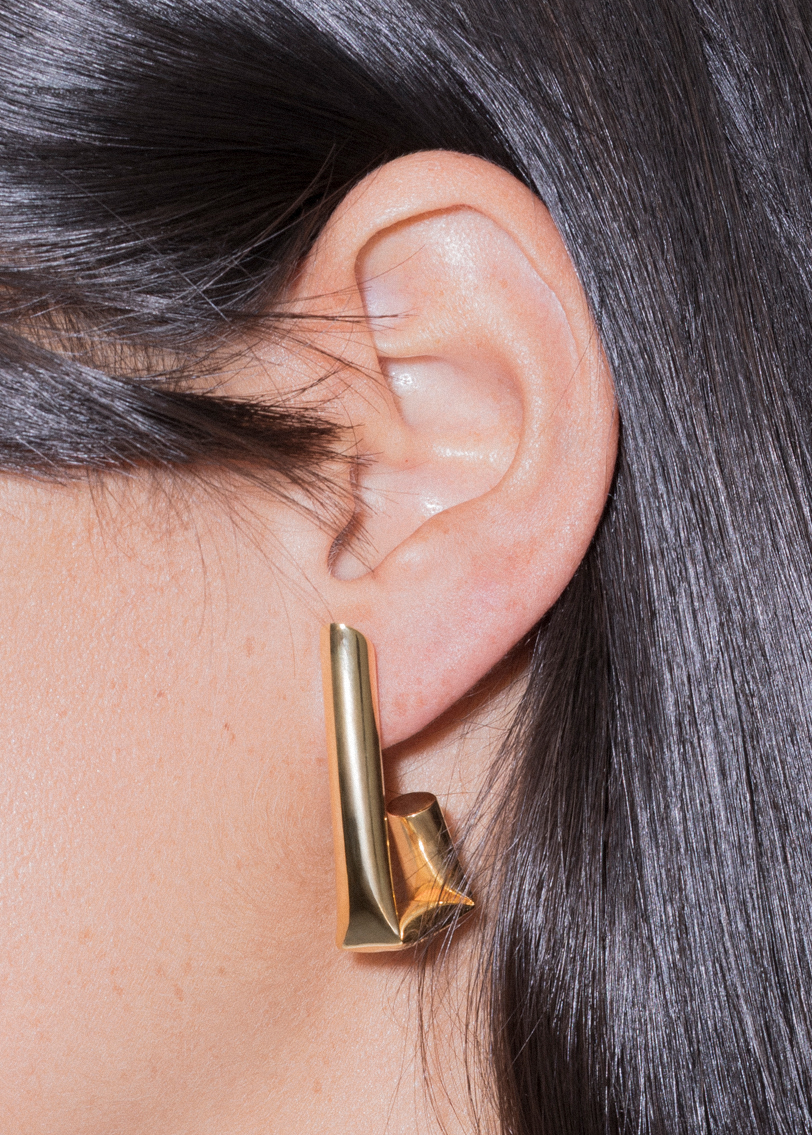born in elvas (portugal) 1867 into a humble family of farmers, adelaide spent her early years working in the home and on the land. at 18, she married manuel cabete, who encouraged her and gave her the strength to study. at 22, she graduated from primary school, and at 27, she graduated from high school with distinction, being the only girl in a class of 119. so that adelaide could enroll in the medical-surgical school, the couple decided to sell their few possessions and move to lisbon. throughout her career, she systematically sought to broaden her knowledge, not without great effort to combat the existing prejudices against educated women, and graduated with a thesis on "the protection of poor pregnant women as a means of promoting the physical development of the new generations".

adelaide completed her training first as a general practitioner and later as a specialist in what we now call gynecology and obstetrics. social concerns have accompanied her medical life and led her to become an active voice in the defense of maternal and child care and access to public health.a pioneer in defending maternity leave, she sought to promote the well-being of women, both pregnant and single mothers, as well as prostitutes, not only during pregnancy but also after having given birth to their children. concerned about medical and sanitary conditions, she also became involved in fighting tuberculosis, alcoholism, and the poor nutrition and hygiene that accompany poverty.
used her position to influence other areas of women's health, speaking publicly about the dangers of corsets, high heels for pregnant women, long skirts (leading to dust mites), and restrictive diets or substances used for slimming (such as vinegar). ahead of her time, she was also an advocate for the end of smoking habits a long time with the consumption of alcohol.

in 1925 participated in the international women's congress in washington, after returning to portugal, she then began corresponding with women who were involved in the struggle for the liberation of women worldwide. it was this exchange of ideas that allowed her to become one of the most important feminists of her time.

throughout her life, she spared no effort or energy in defending the right of women to vote, for better and more equal working conditions, for the right to education, and for the right to health care, especially for women and children. she died in 1935 and is one of our inspiring women.
cláudia cavaleiro the editor in chief for CINCO editorial. born in '82 in coimbra, she is graduated in philosophy from the university of coimbra. passionate about books and podcasts in a geek kind of way, she always find something interesting to research. loves to bring awareness to social problems and loves working at CINCO!
